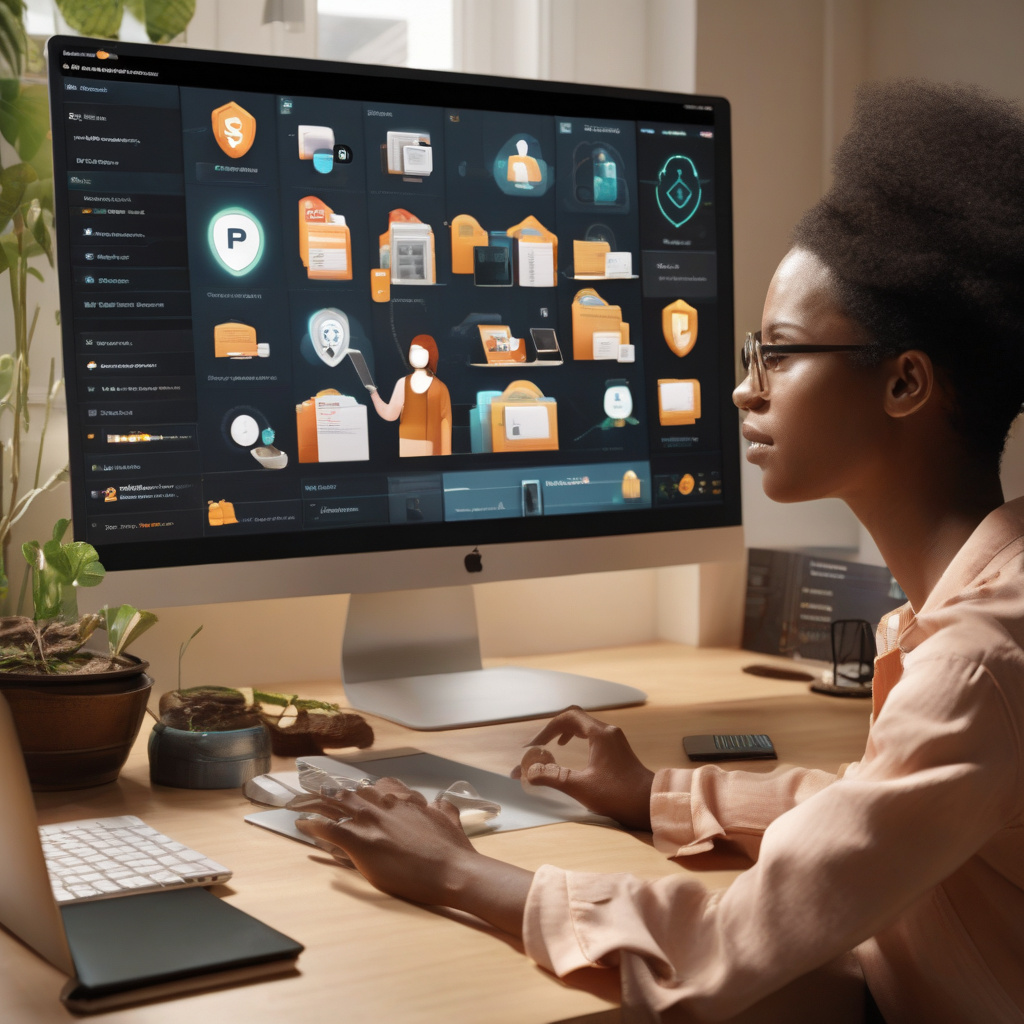In the digital age, where online privacy is a growing concern, understanding how to safeguard your data is paramount. Have you ever thought about who is looking at you when you go online? Your activity is tracked more than you might realize, making it crucial to take proactive steps to protect your privacy. One effective tool in this regard is a Virtual Private Network (VPN).
What is a VPN?
A VPN is a technology that creates a secure connection over the internet, encrypting the data that flows between your device and the VPN server. This encrypted tunnel shields your online activities from prying eyes, such as internet service providers, hackers, or government entities. By routing your internet traffic through this secure tunnel, a VPN acts as a protective barrier, ensuring that your online presence remains private and secure.
How Does a VPN Protect Your Privacy?
- Encryption: One of the primary ways a VPN safeguards your privacy is through encryption. When you connect to a VPN server, all the data transmitted between your device and the server is encrypted. This means that even if a cybercriminal manages to intercept your data, they would only see encrypted information that is nearly impossible to decipher without the encryption key.
- Anonymous Browsing: By using a VPN, you can mask your real IP address with the IP address of the VPN server. This process makes it challenging for websites, advertisers, or any other entities to track your online activities back to your original IP address. As a result, you can browse the internet anonymously, without revealing your actual location or identity.
- Bypassing Geo-restrictions: Many streaming services, websites, and online platforms restrict access based on geographical locations. With a VPN, you can change your virtual location by connecting to a server in a different country. This allows you to bypass geo-blocks and access content that may be restricted in your region, enhancing your online freedom and privacy.
- Public Wi-Fi Security: Public Wi-Fi networks are notorious for their lack of security, making them hotspots for cyber threats. When you connect to a public Wi-Fi network through a VPN, all your data is encrypted, preventing malicious actors from intercepting your sensitive information. This ensures that you can safely browse the internet, check emails, or conduct online transactions even on unsecured networks.
Conclusion
In a world where online privacy is increasingly under threat, utilizing a VPN is a practical solution to protect your digital footprint. Whether you are concerned about data breaches, targeted ads, or government surveillance, a VPN offers a robust defense mechanism to safeguard your privacy. By encrypting your data, anonymizing your online presence, and providing secure access to the internet, a VPN empowers you to browse the web with confidence and peace of mind.
In essence, the question “How does a VPN protect my privacy?” is met with a simple yet powerful answer: by ensuring that your online activities are shielded from prying eyes and potential threats. So, the next time you go online, consider incorporating a VPN into your digital toolkit to fortify your privacy defenses and navigate the digital landscape securely.

